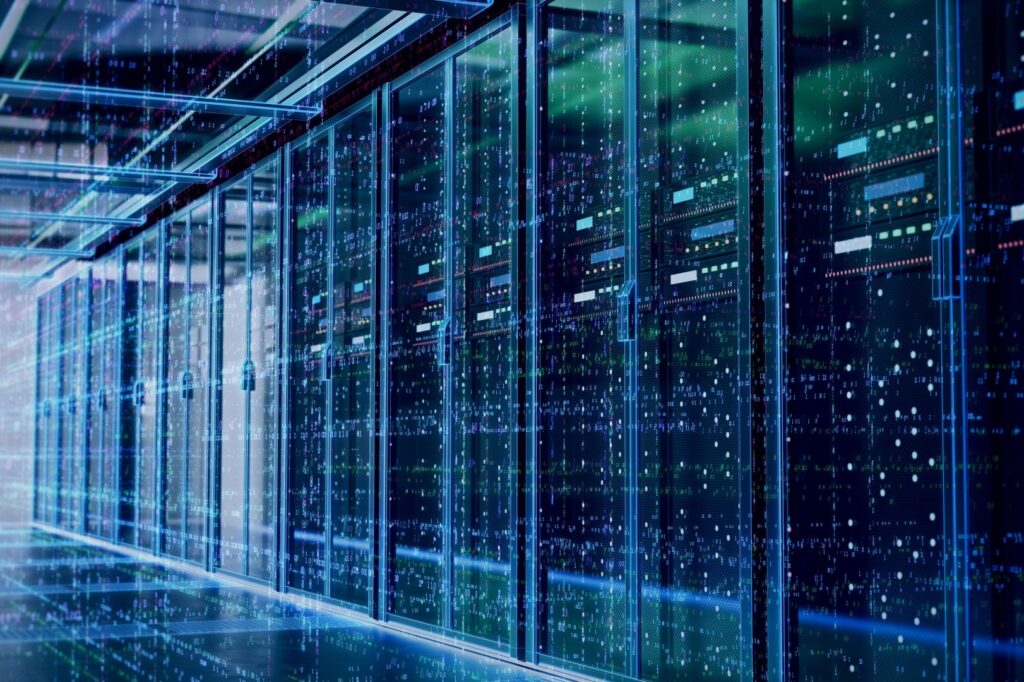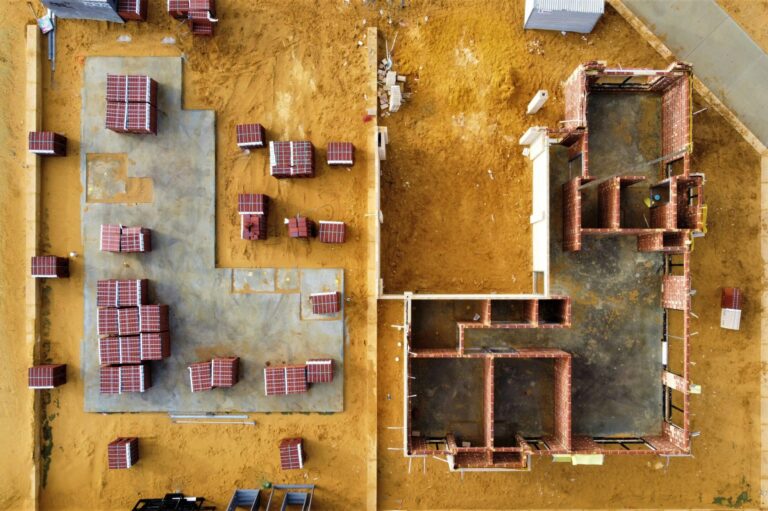
When an enterprise’s operations, computing, and data storage needs become too large and complex to be managed on-site, an alternative to sourcing new, in-house servers—a costly and time-consuming endeavour—is to consider colocating company information to a dedicated data centre.
A data centre that offers colocation services provides space, power, cooling, and physical security for the enterprise’s servers and other equipment. This enables the enterprise to operate its own data centre while benefiting from the economies of scale, expertise, and infrastructure of the service provider. All the business client has to do is lease out a server in these data facilities.
While hiring a data centre can be a great way to improve efficiency and scalability, it’s important to choose the right data centre based on your business objectives and preference. Here are some things you should consider before choosing a data centre for your firm.
1. Costs
Colocation is more cost-effective than building and operating your own data centre. When choosing a colocation centre, you wouldn’t have to source servers, storage, and networking gear, or hire extra IT administrators and specialists to manage an in-house server facility, which can cost upwards of hundreds of thousands of dollars.
With colocation, you just need to pay for the server space you’re using, which is usually priced per rack or cage. The cost of power and cooling is also factored in, but this will be a shared cost among all the tenants in the data centre.
Bear in mind that while colocation services are significantly cheaper than buying in-house, that doesn’t mean it’s cheap. While you wouldn’t want to spend an exorbitant amount of money for excess server space, you don’t want to bid for the lowest data facility either. The quality and security features of the data centre reflect in the pricing.
As such, when evaluating colocation providers, be sure to vet them thoroughly. Also ask for an all-inclusive quote that includes the cost of power, cooling, and other services to ensure you know what you’re paying for.
2. Performance
A small data centre might not have the power and cooling capacity to power the demands of a large enterprise, especially one on a global scale. Before signing a contract, make sure you’re aware of your data center’s network and data storage capabilities.
When it comes to performance, it’s imperative to also ask some questions to determine the reliability of your chosen data centre. Can the candidate data centre handle a sudden influx of traffic? Is the data centre’s guaranteed up-time appropriate for your business needs? Can the data centre power the demands of global users? Factor all those in before hiring a data centre.
The bottom line is that you want to be able to trust the data centre you’re working with will deliver the stability, security, and dependability to run your business operations. Fortunately, most local data centres like data centres in Sydney with Macquarie Data Centres have the appropriate performance levels and offer robust solutions for businesses of all sizes.
3. Security
One of the most important factors to consider when choosing a data centre is security. When entrusting your precious data to a third-party facility, you want to make sure that the data centre has protocols in place to protect your information from physical and cyber threats.
For physical considerations, the data centre should ideally have tight security measures such as CCTV cameras, biometric scanners, and guards on-site 24/7. The data centre should also have a reliable power supply in case of brownouts or blackouts, as well as backup generators to keep the servers running in case of an extended power outage. Backup network connections are also important in case the primary connection goes down.
For cyber security, the data centre should have a firewall in place to protect your network from external threats, as well as intrusion detection and prevention systems to keep hackers out. The data centre should also have a comprehensive disaster recovery plan to ensure that your data is safe and can be recovered in the event of a security breach or natural disaster.
4. Scalability
The scalability of a data centre is another important consideration, especially for businesses that are expecting to grow in the near future. If your business is growing at a rapid pace to warrant more server space, you want to make sure that the data centre can withstand any scaling request, whether it’s improved network connectivity, higher RAM capacity, or custom feature installations.
The good news is that most data centres offer scalable solutions that can be easily scaled up or down as needed. Hyperscale data centres are another hot option for businesses that require a large amount of server space and are looking to future-proof their operations.
5. IT Support
Last but not least, you want to make sure that the data centre you’re working with can provide adequate IT support for your business.
If your main office is distant from the data centre, you want to make sure that there’s a point-person on-site who can help you with any technical issues that may arise. Ideally, a service-level agreement should stipulate an agreed-upon response time for any support requests to ensure that your business operations are not adversely affected.


